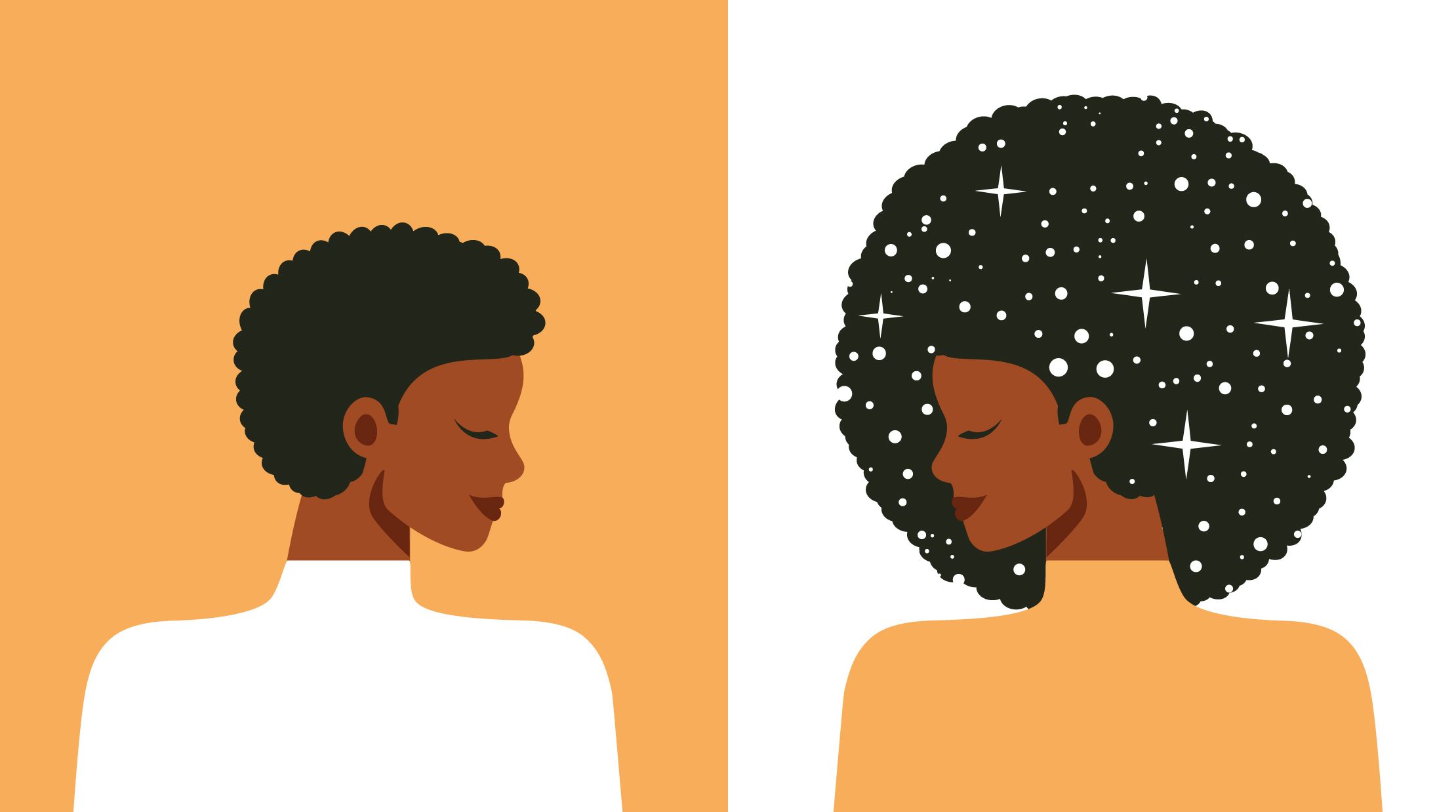Reflecting on what I learned from working on design research operations

Most of us know that work often ends up including more than the job description outlined. Our values and personality, the relationships we build, and the way we approach our work ultimately influence the impact we have and the direction a role can take.
Since joining the Canadian Digital Service (CDS) as a design researcher in 2019, I’ve had the privilege of working on a breadth of products and projects. In doing so, I’ve seen firsthand how a role can evolve beyond the initial job description, particularly as I shifted my focus from design research to design research operations.
And now, as I wrap up my time in government before moving into the private sector, I want to take this opportunity to reflect on what I’ve learned from this shift in focus, and importantly, myself.
A breadth of experiences
When I started at CDS, I was excited by the prospect of spending my time learning and building my research chops. And I did a lot of that. I worked on a team that partnered with Public Services and Procurement Canada (PSPC) to understand how businesses in Canada and the European Union (EU) find contracts with the public sector. Here, I conducted a literature review and a diary study with a number of businesses in Canada and the EU.
On other product teams, I joined a few researchers to conduct content testing at a food bank in Ottawa. I interviewed people who were blind and had low vision to understand how they receive updates and reminders about their government services.
Then, as we began shifting our strategy from field research to a fully distributed research practice to suit the new circumstances of COVID-19, I, with the support of my manager, Mithula, laid the groundwork for research operations.
Research Operations
Dovetail App has a definition for research operations that I like: “the roles, tools, and processes needed to support researchers in delivering and scaling the impact of the craft across an organization.” Essentially, research operations works behind the scenes to help researchers do the forward facing research to talk to people, understand their needs, and learn how to best serve them. The operations side of things involves everything from participant recruitment, scheduling research interviews, managing tools to how participants are fairly compensated and much more.
This wasn’t something our small (yet mighty) team had done before. Typically, the people doing the research were also doing all those things behind the scenes as well. This worked well, and was even a preferred practice to give researchers the flexibility, autonomy, and provision to make decisions that best suited their team’s needs.
However, in the summer of 2020, amidst the global pandemic, the launch of the COVID Alert app, and a growing team of researchers, we also saw a need for research operations at CDS. There was an opportunity for my role to evolve.
By reducing a duplication of effort, and creating greater consistencies across our research practice for our users, supporting our researchers had the potential to bring us closer to our organizational goal of changing government to serve people better.
What we’ve done so far
Looking back on what we’ve done so far to get the ball rolling, I’m proud of these early milestones. We’ve:
- Conducted workshops with researchers to find out about their needs for research operations.
- Created a research operations inventory to understand the current state of our operations and see what we could prioritize to tackle in terms of impact and urgency.
- Spoke to design research operations managers from across the UX industry to gain a fresh perspective.
- Worked along our Policy and Internal Operations team’s to simplify our remote participant compensation process.
- Engaged diverse not-for-profit and community organizations across the country to help us serve francophones, immigrants, Indigenous communities, blind and low vision people, and many other communities.
- Tested new research operations processes by supporting researchers working on the COVID Alert app team with a focus on recruitment, scheduling, and participant compensation.
- Organized a design research community of practice meetup to talk about how to conduct remote and inclusive research.
I’m proud of the things I was able to achieve to help get this started at CDS. And I’m excited to see how we’ll continue to grow this discipline.
What I learned about myself
As I was building research operations capacity, I learned that I enjoy working at the intersection of service design, research and operations.
As I organized the spring and fall community of practice events with Martha Edwards, another design researcher, I realized that I am invested in serving and advocating for others, whether it’s the public, the research community, or the organization as a whole. I enjoy working closely with people from all walks of life and I take pleasure in communicating in both French and English at work.
Lastly, I love the challenge of managing multiple priorities, even if it means shifting between tasks and conversations when necessary.
As I hope these reflections resonate with you, I encourage you to look back at your journey as a researcher or designer: what are the things that you learned and accomplished since you started; things that were not in the job description?
I am grateful that I was part of a team that supported me to do my best work and invested in my interests and skills. I wish you to gain wisdom, work with many different people and join projects that continue to surprise you beyond that job description.